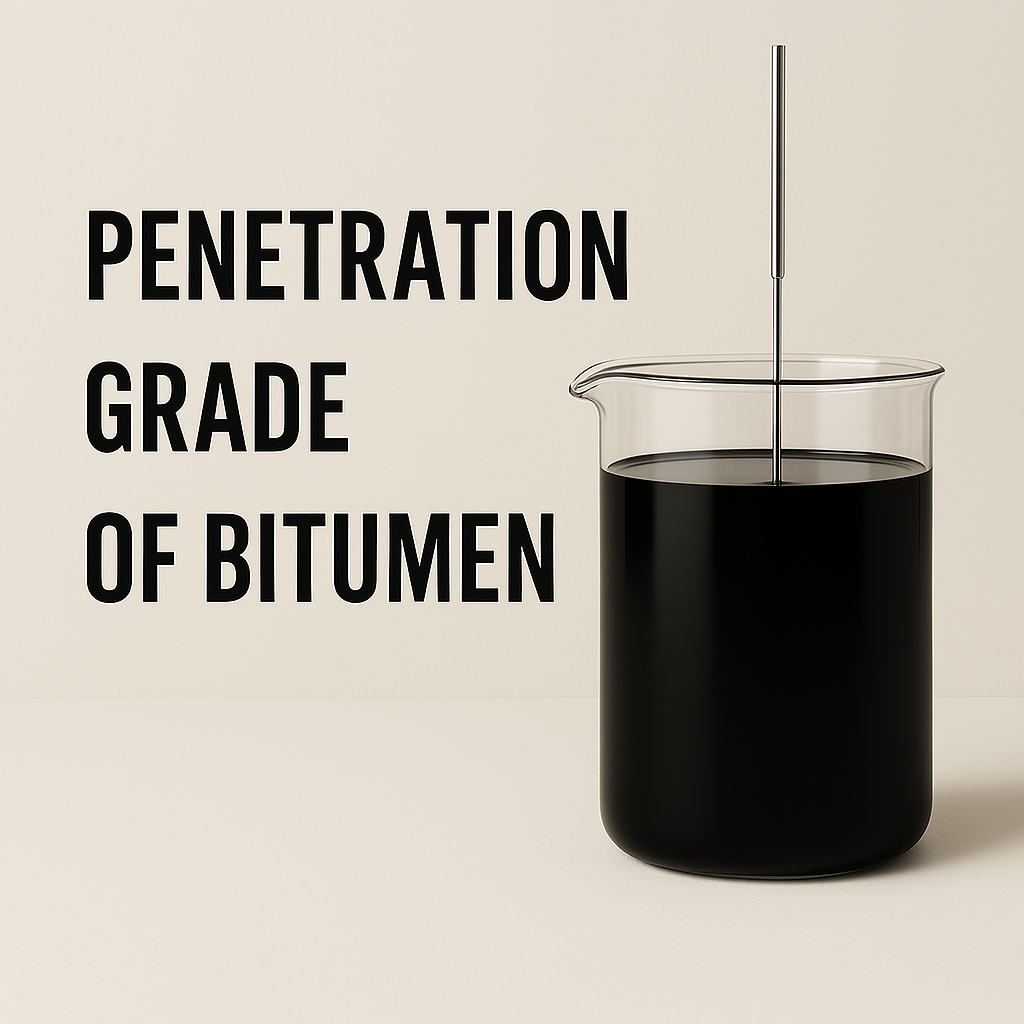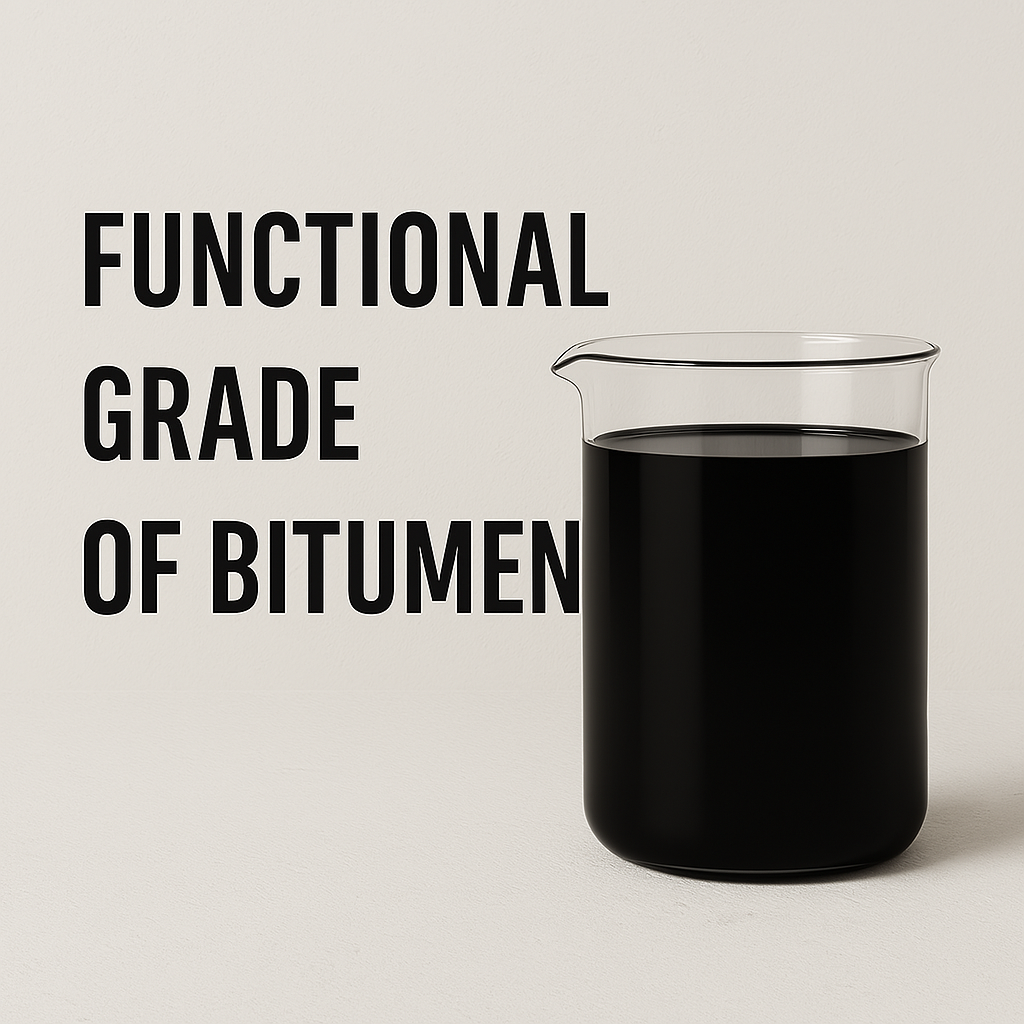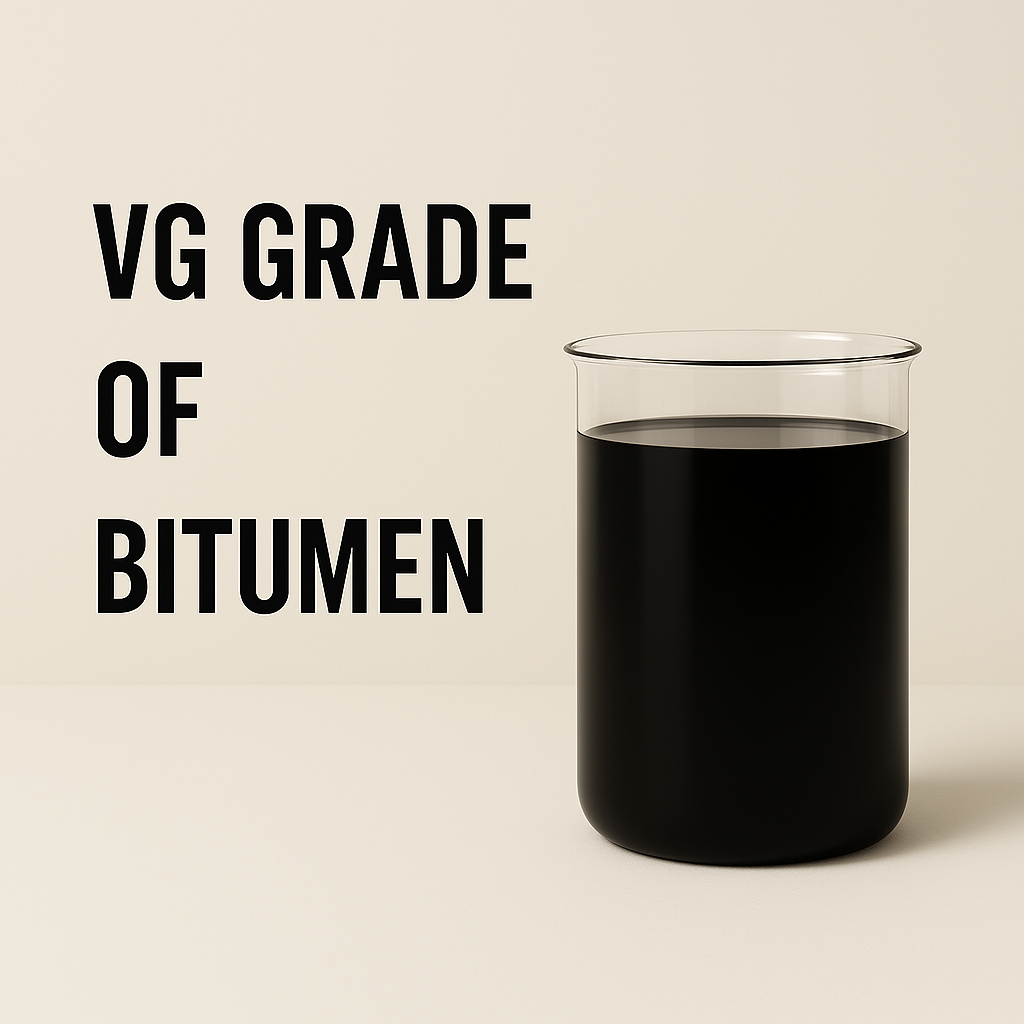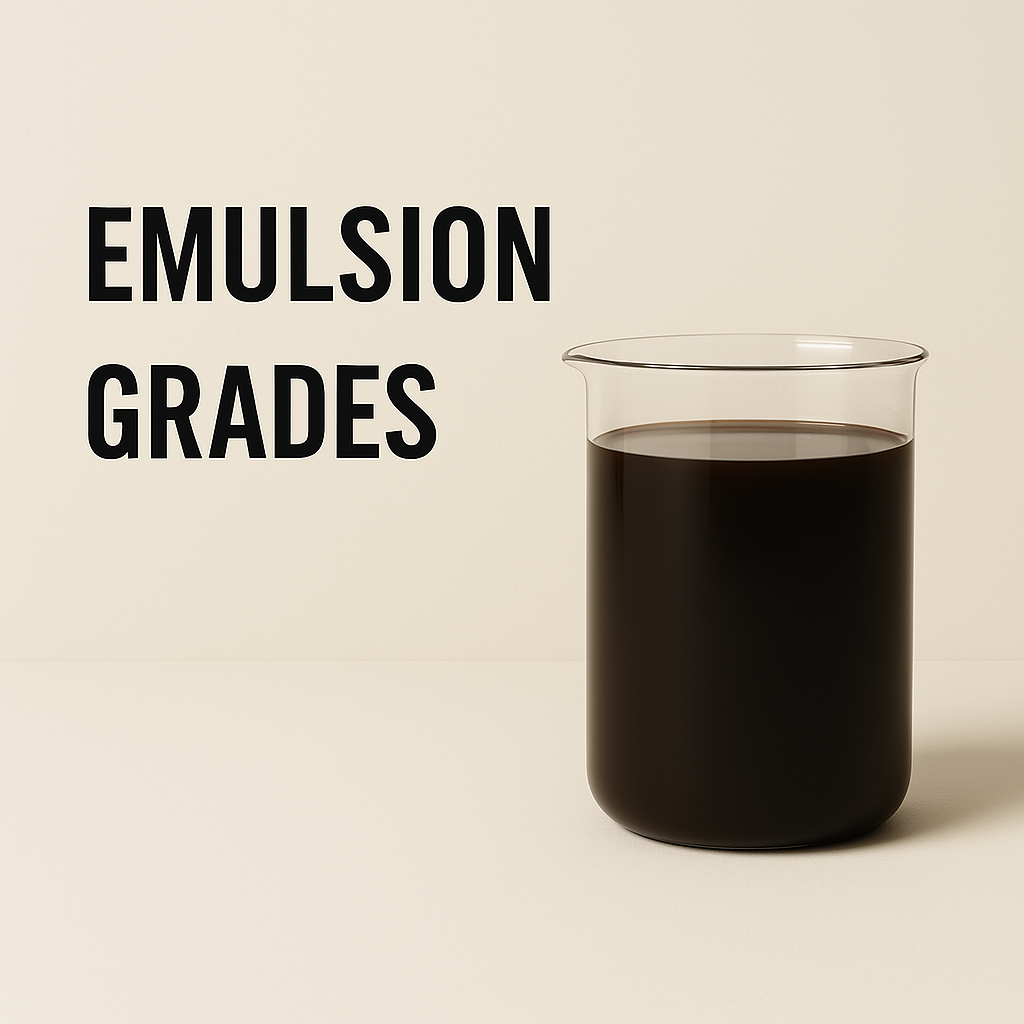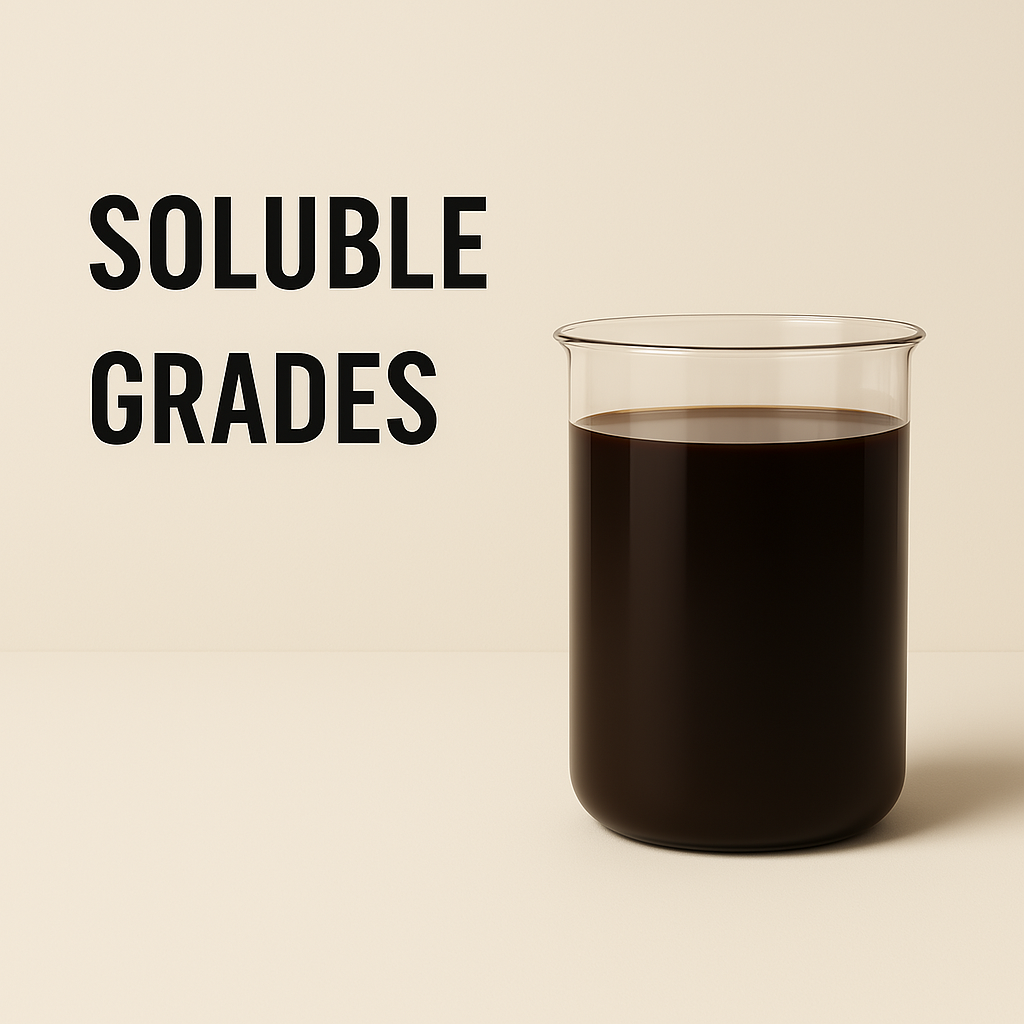This type of bitumen is classified based on its hardness and penetration characteristics. It is widely utilized in asphalt road construction, particularly in regions with temperate climates, where it contributes to the durability and stability of asphalt pavements.
Functional bitumen refers to modified bitumen that is designed to enhance specific properties for various applications. Unlike conventional bitumen, which is primarily used in road construction, functional bitumen is tailored to meet particular performance requirements.
Viscosity bitumen is a type of bitumen classified based on its viscosity rather than penetration grade. It is primarily used in road construction and pavement applications, where specific flow characteristics are crucial for performance. The viscosity grading system ensures that
Emulsion bitumen is a mixture of bitumen, water, and an emulsifying agent that helps keep the bitumen dispersed in water. It is widely used in road construction, maintenance, and waterproofing because it eliminates the need for heating,
Soluble bitumen, also known as cutback bitumen, is a form of bitumen that has been mixed with a solvent or petroleum distillate to make it more fluid for easier application. This type of bitumen is used in road construction, waterproofing,
Comprehensive Guide to Different Types of Bitumen
Bitumen is a versatile, essential material widely used in road construction, waterproofing, and industrial applications. Each type is engineered to meet specific environmental and project requirements, ensuring durability and efficiency. Understanding these classifications helps in selecting the best bitumen for optimal performance.
1. Penetration Grade Bitumen: Ideal for Road Construction
Penetration grade bitumen is classified based on its consistency and hardness, making it highly suitable for paving and infrastructure projects.
In hot climates, stiffer bitumen with a lower penetration grade is used to resist heat.
In cold regions, softer bitumen with higher penetration grades enhances flexibility and prevents cracking.
Pasargad Oil Company, a leading producer, manufactures high-quality penetration bitumen in its six refineries across Tehran, Tabriz, Arak, Shiraz, Bandar Abbas, and Abadan.
2. Viscosity Grade (VG) Bitumen: Optimized for Temperature Stability
Viscosity bitumen is graded based on flow characteristics, ensuring consistent performance under different conditions.
VG-10: Best for surface dressing and spraying applications.
VG-20: Suitable for moderate temperatures.
VG-30: The most commonly used grade for road construction.
VG-40: Designed for heavy-duty pavements and extreme weather resistance.
Viscosity bitumen enhances road durability, reducing maintenance costs.
3. Emulsion Bitumen: Eco-Friendly and Easy to Apply
Emulsion bitumen is a water-based alternative, eliminating the need for heating and reducing environmental impact.
RS – Rapid-Setting Emulsion: Used for road surfacing and sealing.
MS – Medium-Setting Emulsion: Ideal for paving and mixing with aggregates.
SS – Slow-Setting Emulsion: Suitable for soil stabilization and slurry sealing.
Currently, cationic rapid-setting emulsion bitumen is the most commonly used due to its quick drying and superior adhesion.
4. Soluble (Cutback) Bitumen: Enhanced Fluidity for Application
Soluble bitumen is blended with petroleum solvents to improve fluidity, making it easier to use.
RC – Rapid-Curing Cutback: Evaporates quickly, great for spray applications.
MC – Medium-Curing Cutback: Used in road sealing and surface treatments.
SC – Slow-Curing Cutback: Suitable for priming and aggregate mixing.
Once the solvent evaporates, soluble bitumen forms a strong, durable bond with surfaces.
5. Performance Grade (PG) Bitumen: Precision for Climate Adaptation
PG bitumen is classified based on scientific testing, ensuring its suitability for specific temperature ranges.
Used in polymer-modified and pure bitumen formulations.
Offers high durability and climate resistance.
Wider PG ranges indicate greater adaptability and longevity.
PG bitumen is the preferred choice for regions with extreme temperature variations, ensuring better road performance.
Conclusion
Choosing the right type of bitumen is essential for long-lasting infrastructure, improved road quality, and reduced maintenance costs. By understanding penetration grade, viscosity bitumen, emulsion bitumen, cutback bitumen, and performance grade bitumen, industries can optimize their selections for greater efficiency and durability.

